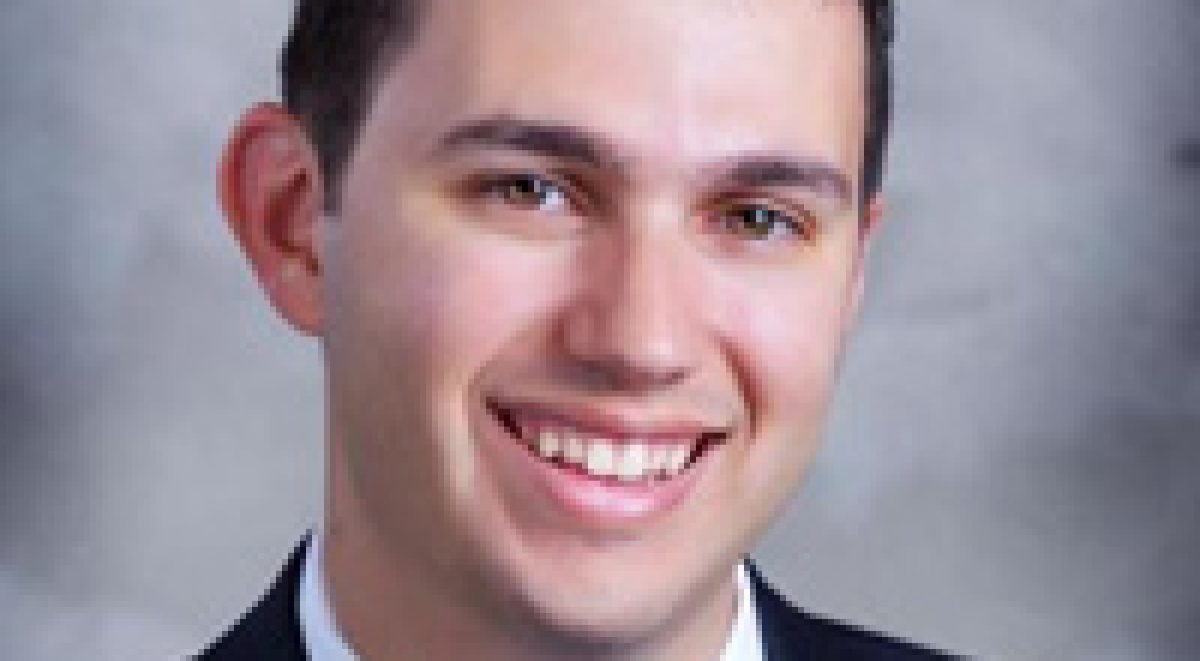
The two High Holy Days, Rosh Hashanah and Yom Kippur, are linked. On Rosh Hashanah, we celebrate Creation and on Yom Kippur, we forgive and ask for forgiveness. These seemingly different themes are actually very well matched because forgiveness is a creative act.
The pain of wrong doing can last a while. People can remember the hurt they experienced for years. Forgiveness is not about changing the past, which cannot be changed. Nor is it about simply forgetting or ignoring what happened. It doesn’t mean asking for forgiveness or making amends is unimportant. Rather, forgiveness is a deliberate choice on what sort of future one wants to create. It is a decision not to invest emotional energy into nursing old wounds or bearing resentment. It means that one can say even though something wrong was done, and even though pain and hurt were caused, the future will not be based solely on that.
We often think of forgiveness as something that is offered between two different people. Sometimes, though, we need to forgive ourselves of our own shortcomings. Regret and guilt can occasionally be a useful, important catalyst for self-improvement. But when the lessons are learnt, the focus can be on who we are now and who we want to be, not solely past deficits. That is a form of forgiveness.
Our High Holy Day prayers say, “On Rosh Hashanah it is written.” I like how the medieval sage Bachya ibn Pakuda understands what it means to “write” something. He said, “Days are like scrolls, write on them what you wish.” On Rosh Hashanah, the day celebrating Creation, we are asked to think about what sort of future we want to write. Let us use forgiveness when writing about our days.
Shanah Tovah u’metukah, a sweet and good New Year to everyone,
Rabbi Jason Holtz
